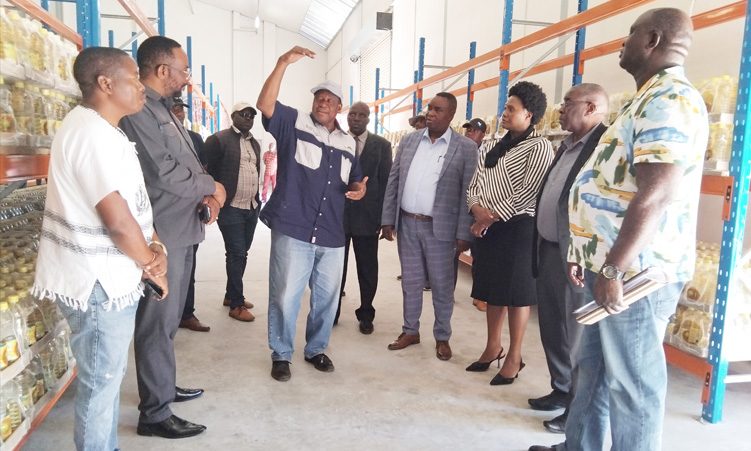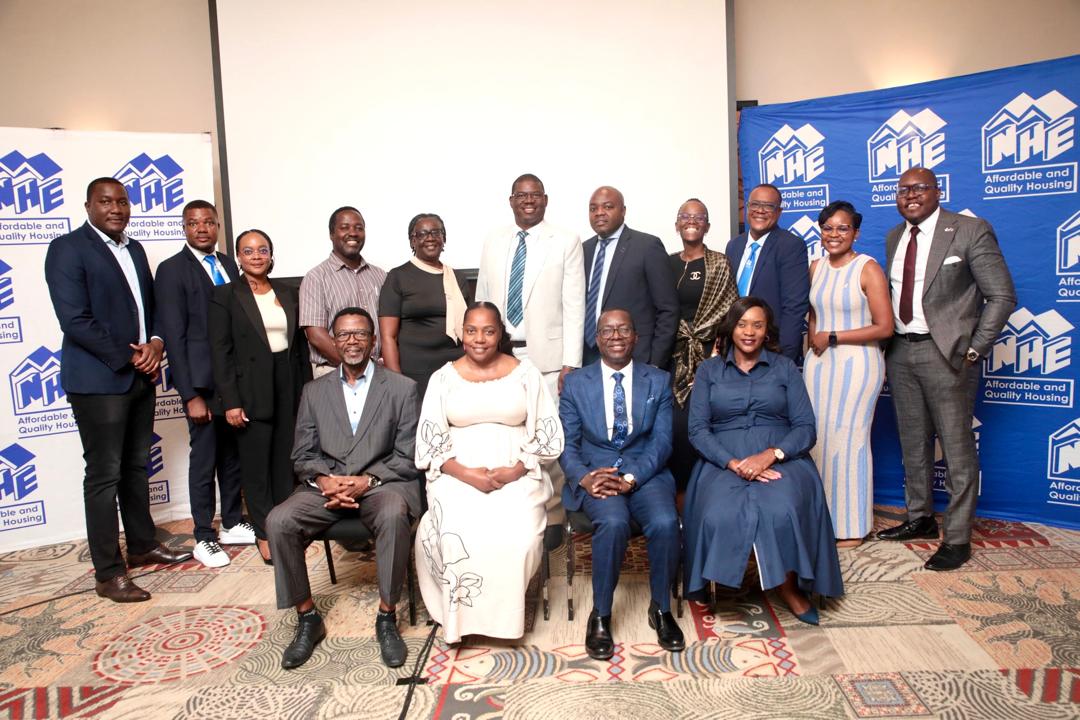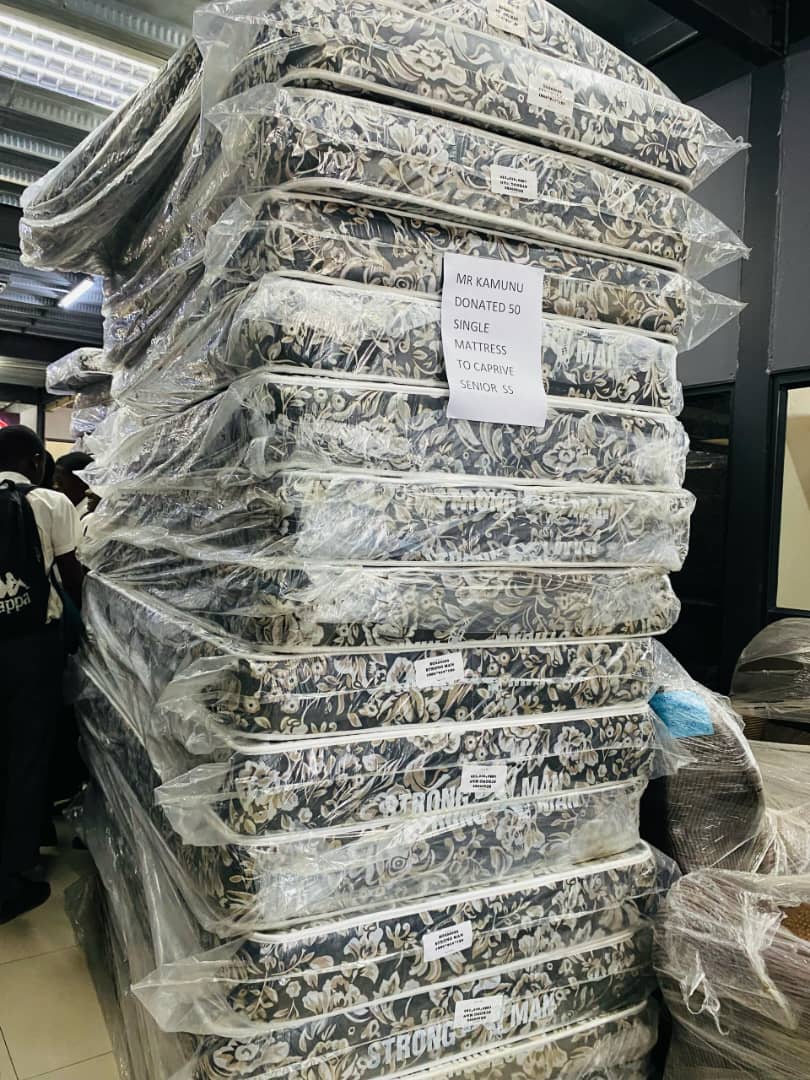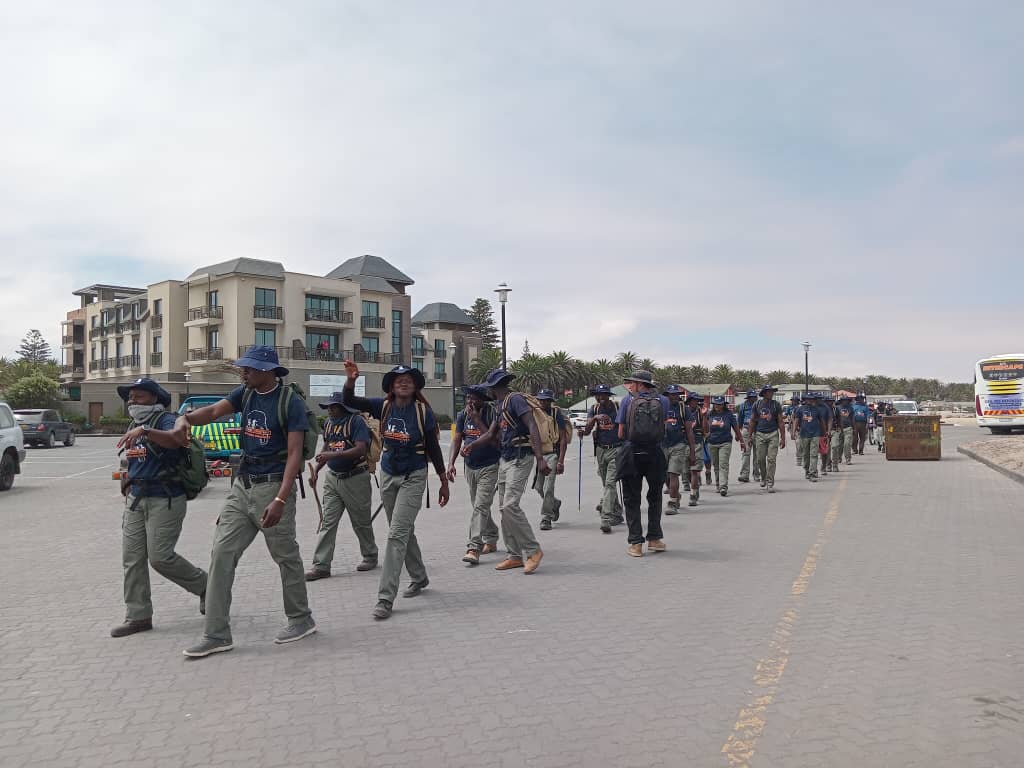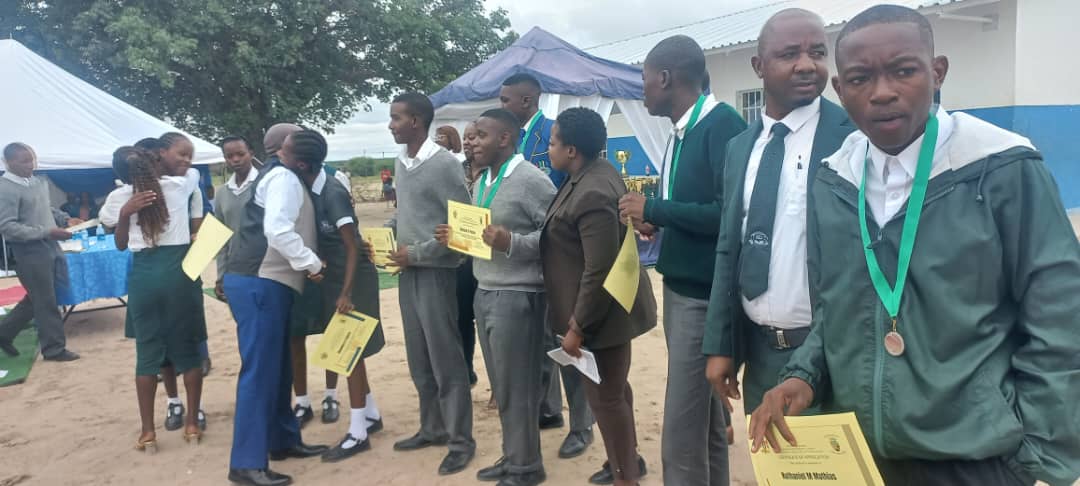The Zambezi leadership says water sources in rural areas are drying up at a concerning rate due to the drought.
The leaders, which included Zambezi regional governor Lawrence Sampofu and several constituency councillors, raised this concern during a meeting with deputy prime minister John Mutorwa, along with the regional Directorate of Disaster Management staff, on Friday.
Sampofu said despite the region having four rivers, namely the Kwando, Linyanti, Chobe and Zambezi, it still faces a serious problem with sufficient water.
He said that over the past two years, parts of the Linyanti and Kwando rivers have been drying up, leaving both humans and wildlife without water.
“Human-wildlife conflicts are on the rise in the region due to these water challenges, as they all depend on the few resources available. We do have boreholes; however, some of these boreholes are drying up as underground sources are drying due to drought. We really need more boreholes to supply water to the rural communities. Some farmers have not ploughed, while those who were brave enough and ploughed, were affected by the dry spell,” Sampofu said.
Judea Lyaboloma constituency councillor Humphrey Divai said residents of the Zambezi region still demonstrate over the lack of potable water 34 years after independence, saying that it is unacceptable.
He said the drought relief programme seems to only focus on food distribution, but there is a water crisis as well.
“Our people need water in the constituencies. There is a great need for boreholes to be drilled,” he said.
Sibbinda constituency councillor Miecky Lukaezi said communities, schools and even cattle mostly rely on water from the NamWater pipeline; however, currently most of the water sources are closed due to arrears.
“Our NamWater bill was inflated during Covid-19 . . . Last year, NamWater decided to close all the water points, and there are no other sources for our people to get water from. People from Kasheshe are threatening that they will start taking their cattle to Katima Mulilo them to drink from the Zambezi River because of how dire the situation is. The drought relief incentives will cover the NamWater bills for cattle in my constituency,” he said.
Kabbe North constituency councillor Bernard Sisamu said the river channels between Zambia and Namibia are drying up at an alarming rate and that by August, citizens will be able to cross the river on foot.
“I have never seen such a drought. Our communities are digging wells for water, but they are dry. If they are lucky and get water, then it’s not fit for human consumption,” he said.
Mutorwa said there is a significant budget for water provision through the Ministry of Agriculture, Water and Land
Reform, and through better coordination, these funds can be accessed and used to drill boreholes for the communities.
Stay informed with The Namibian – your source for credible journalism. Get in-depth reporting and opinions for
only N$85 a month. Invest in journalism, invest in democracy –
Subscribe Now!




